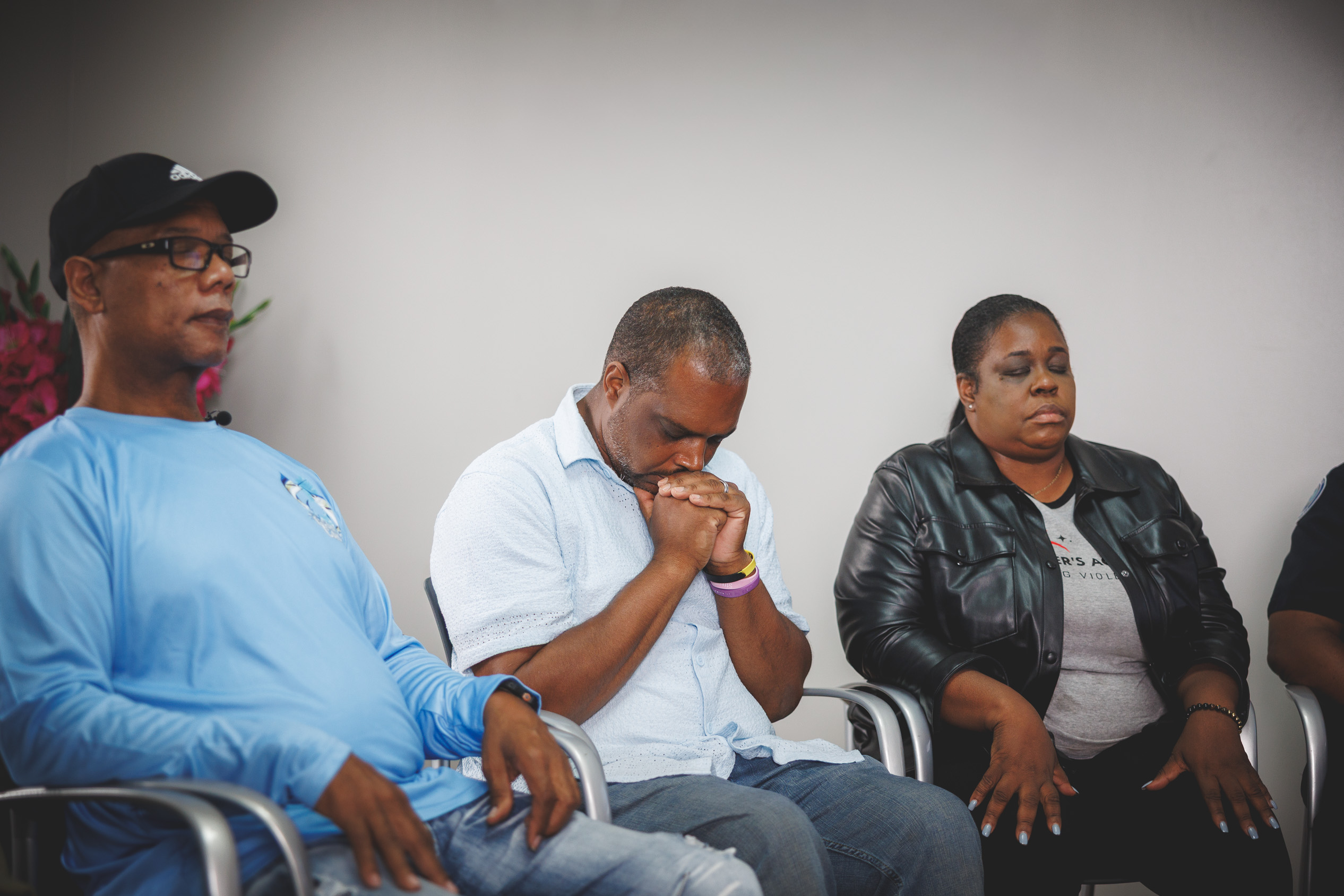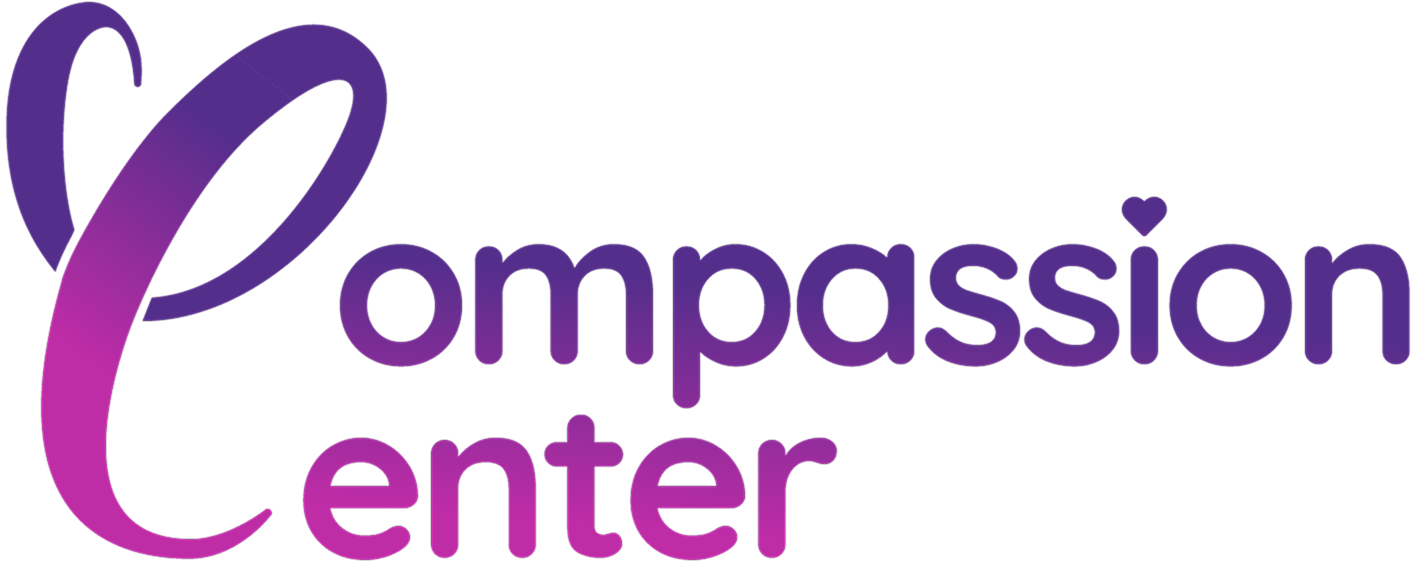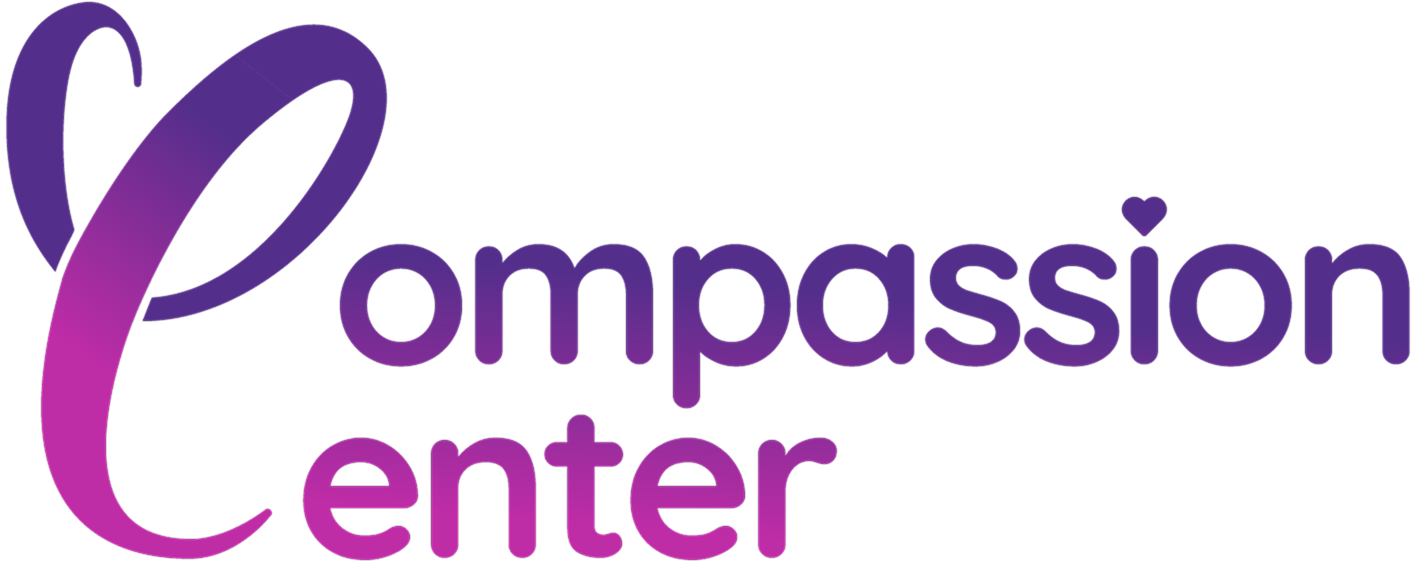Compassion Training
What it is, and why it matters.
Grounded in evidence-based theories and research, Cognitively-Based Compassion Training (CBCT) emphasizes trauma-informed practices to cultivate compassion.
Through practical exercises and real-life application, the training is designed to help us actively listen, understand different perspectives and respond with genuine care and kindness. It's about integrating compassion into every interaction, making it a natural part of our behavior, and ultimately fostering a more connected and supportive world.
Our typical compassion-training program is a 20-hour course focused on improving self-awareness and self-compassion, helping both professionals and community members develop practical skills that foster resilience, reduce burnout and enhance feelings of safety and security.
The training starts with exercises designed to enhance attentional stability and emotional awareness, followed by analytical reflections to develop a compassionate relationship with oneself and others. Key objectives include increasing insight into personal reactions, enhancing psychological resilience and fostering a nuanced understanding of others to promote empathetic connections.
Courses typically meet once weekly for eight to ten weeks. They can also be offered intensively over three or four days. The comprehensive program emphasizes in-class engagement and personal interaction, ensuring that participants learn valuable skills and build supportive relationships.
The goal of our training is to inspire altruistic motivation and encourage acts of kindness.

Training Modules
Training Modules
Training Modules
Connecting to a Moment of Nurturance encourages us to reflect on a time when we felt secure, safe or cared for. Reimmersing ourselves in that experience evokes feelings of safety, enhances our appreciation for compassion and strengthens our motivation to extend it to others.
Developing Stable and Clear Attention improves focus, mental clarity and resilience. This is done by placing and retaining our attention on a chosen set of physical sensations (such as feelings associated with the breath), noticing when the mind wanders to gently bring it back to focus.
Enhancing Self-Awareness strengthens the skill of nonjudgmental awareness so that we can gain greater insight into our mental experiences and expanded choices in how we respond to what arises within and around us. This training involves turning our attention inward and witnessing evolving sensations, thoughts and emotions without becoming entangled in them.
Cultivating Self-Compassion - Part 1: Accepting Our Vulnerabilities with Kindness deepens our understanding and acceptance of the shared human condition. The goal is to broaden our awareness and diminish often harmful responses of excessive self-criticism, self-blame, and shame by seeing that: we are not alone in experiencing setbacks or limitations; none of us is in complete control; and we all have strengths.
Cultivating Self-Compassion-Part 2: Finding Meaning in Our Vulnerabilities strengthens our ability to find meaning in our challenges and vulnerabilities. We reflect on the reality that our setbacks can provide opportunities for growth, help us connect to our values and inspire us to help others. This helps us relieve feelings of helplessness and despair so we can tap into empowerment and self-agency.
Expanding Our Circle of Concern helps us identify with others as we broaden our awareness to see our shared aspirations and human condition to be well and avoid harm. This promotes a sense of connection with a widening group of people, softening the hard line between ingroups and outgroups.
Deepening Gratitude and Tenderness encourages us to attune to and appreciate the benefits we receive from others. By making visible today's world's extraordinary interconnectedness and interdependence, we foster gratitude and warmth for an ever expanding group of people. This moves us away from a narrow self-focus and deepens our connection with a tenderness for others.
Harnessing the Power of Compassion improves our ability to respond to others' suffering with compassion and wisdom. Combining the awareness of what others are up against with our feelings of tenderness for them unleashes our compassion and motivation to help. We engage with more effective action by applying discernment to this compassionate urge.

The Importance of Self-Compassion
Applying resilience skills in everyday life, however, can pose challenges. In our fast-paced daily lives, self-care often takes a back seat, overshadowed by numerous responsibilities and commitments. Many may also experience feelings of guilt around personal care, believing that prioritizing their own well-being detracts from their ability to support and serve others
Compassion training offers a skillset that tries to illuminate and make real the idea that when we take the time to recharge, we equip ourselves with the energy and compassion needed to support ourselves and those around us.

The Research Behind Our Work
Subsequent studies showed that CBCT may improve facial expression interpretation, enhance empathic reasoning, reduce symptoms of depression and loneliness and increase hopefulness and self-compassion.
Everybody has their own road they took down to get there, and you can't necessarily put yourself in their shoes all the way and, at the same time, you still have to be able to look out and show compassion to everyone.
Name / Role

.png)
Use #OurWordsHeal when sharing your trauma healing story.
“Healing begins when we share our stories and listen with compassion.”










